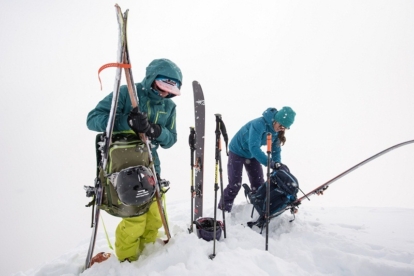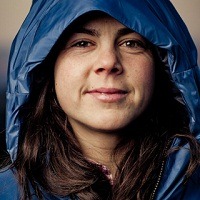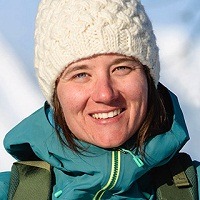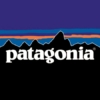Walking the Ground: Two ‘Jumbo Wild’ Skiers Talk Wild Places, Community and Activism
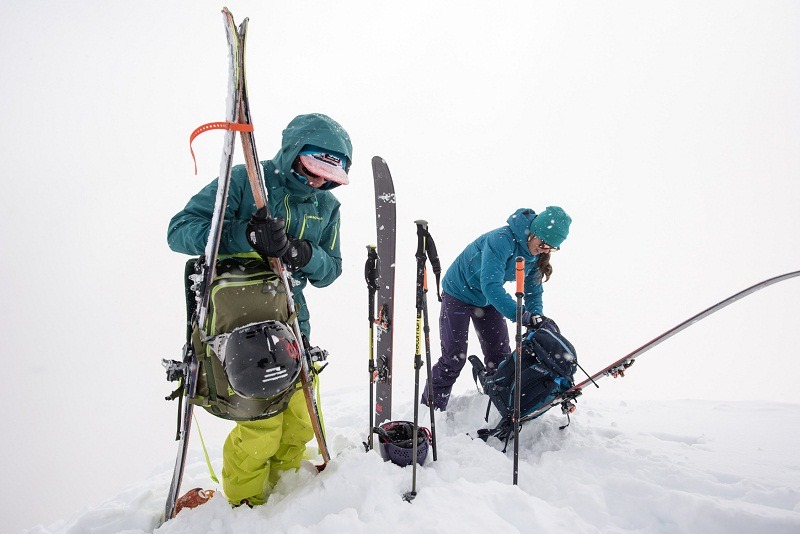
Jasmin Caton and Leah Evans both live and work in southeastern British Columbia: Caton as a ski guide and co-owner of Valhalla Mountain Touring; Evans as founder and director of the freeski program Girls Do Ski in Revelstoke. Caton has been skiing the backcountry since she was a child, while Evans comes from a hard-charging, competitive freeskiing environment. We spoke with them just after they’d completed an eight-day ski traverse through a section of the Jumbo Glacier backcountry, to see for themselves the site of the proposed and hotly contested Jumbo Glacier Resort featured in Jumbo Wild the new film by Sweetgrass Productions. Above: Leah and Jasmin strap in and buckle up for the bootpack. Selkirk Mountains, British Columbia, Canada. Photo: Garrett Grove
You’d never skied together before this trip. How’d the dynamic work?
Jasmin: A trip like this with new people can leave you with a feeling of, “Hmmm,” but this was definitely a “YES.” Hanging out with Leah has inspired me to try some more exciting stuff. Our skills are really complementary, and we can offer each other a lot.
Leah: For sure. I watched everything Jasmin did because she has such depth of experience out there. I’d see her do something with her pack or something, and I’d say, “Um, I’m going to do that with my pack, too.” I want to learn as much as I can from her.
You went to see where the proposed Jumbo Glacier Resort would be if it came to pass. Can you describe it?
Leah: I’ve skied in big mountains my entire life, but I definitely felt like, “Whoa, this is jumbo terrain.” And to put a ski area in that valley makes no sense. As a forest firefighter, I spent two years in this one field picking up sticks, I got to know each tree and log. Then they came and logged it, and until then, I’d never felt what it was to be an environmentalist. I guess I’d love to know if the people who are making plans for the Jumbo resort have ever actually walked on that ground.
Jasmin: I totally agree. Having looked at the plans and then seeing the terrain with my eyes, I just … the pieces don’t add up. The glaciers are crumbling and big, with real relief and craggy rocks. There are proposed ski lifts where the terrain is totally rugged, there are runs that end at huge icefalls. Even if I wanted this resort to happen, I feel it’d be destined to fail, or be much less than it’s supposed to be, in a very half-assed way.
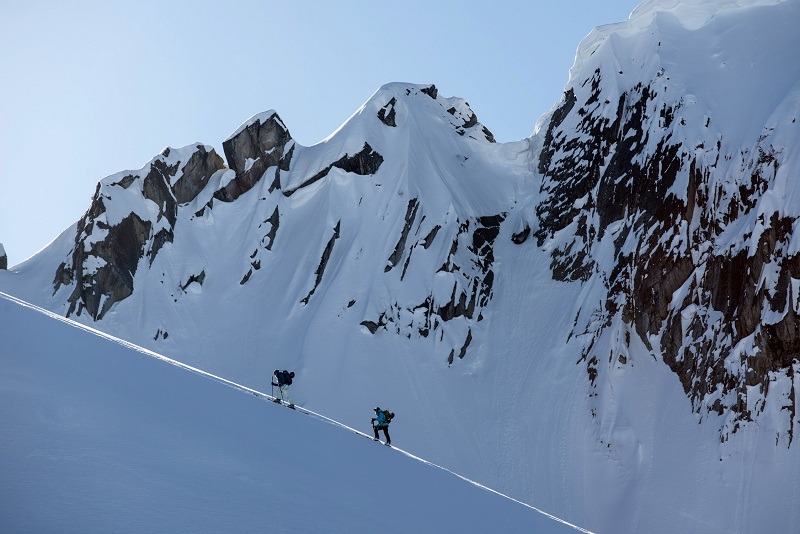
Local skiers and snowboarders largely oppose the proposed Jumbo Glacier Resort, preferring to ride lifts at existing local resorts or tour into the backcountry under their own power and experience. Photo: Garrett Grove
You make your living skiing, but you both had very different ways you might’ve gone.
Leah: I grew up in Rossland and went to university in Virginia on a field hockey scholarship. But my heart was just not in it. It was a matter of committing full-heartedly to something, and for me it was skiing.
Jasmin: Academics were a huge part of my life, and I was given a great scholarship to university to study hydrogeology but never really left behind the mountains. I find meaning in guiding that I never found working a science job. I guess it’s how I express my concern about nature and the wilderness. Guiding may seem frivolous, but it’s not frivolous at all.
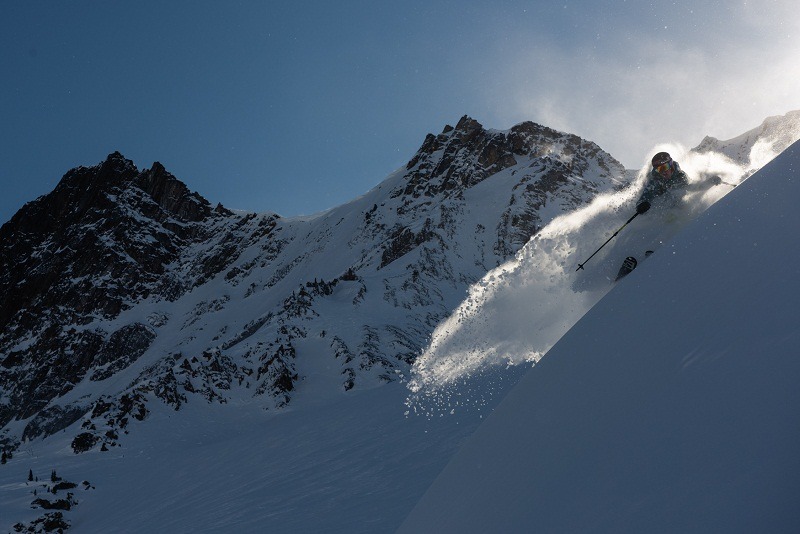
Leah Evans puts a finishing touch on the day. Jumbo Pass, British Columbia, Canada. Photo: Garrett Grove
So you try and inspire your clients not just to appreciate the environment, but also to protect it?
Jasmin: A huge part of my job is capturing people at a fresh state and then modeling an appropriate interaction with the environment. We’re recreating in this space, and we need to do it well. I also guide a lot of the same people year after year so I see their evolution, see them tune in and make connections about climate and snow conditions.
Leah: I guess I don’t think of it as something I do, it’s the way I am. As a teacher, you are the example of how to interact with a place. There’s a community of people right now that’s changing how we interact with the backcountry. It’s such an exciting time.
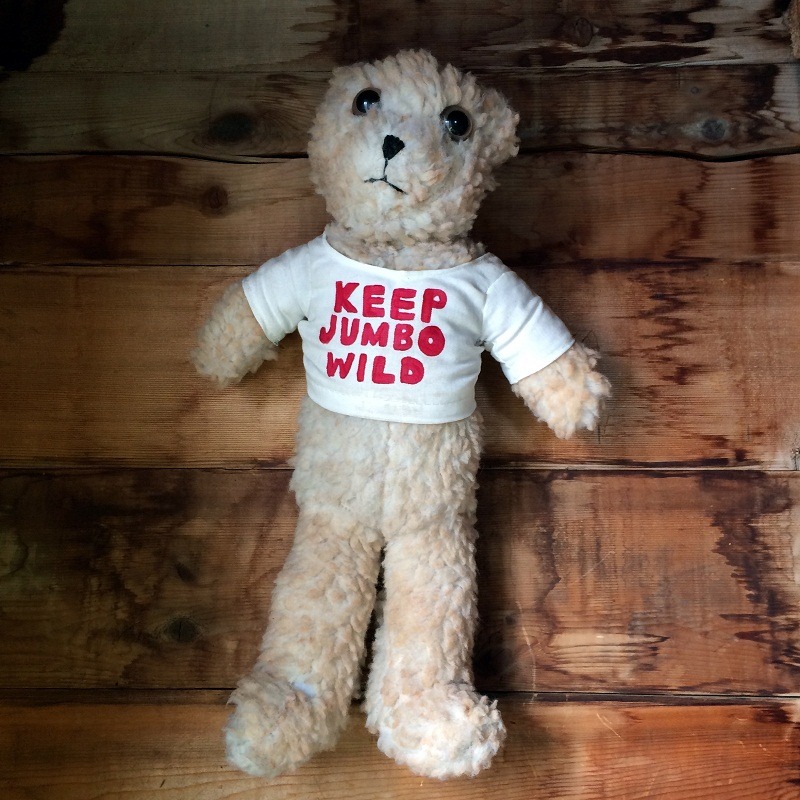
Those who say “no” to the proposed Jumbo Glacier Resort: Theodore. Photo: Jasmin Caton
Most ski movies today seem to celebrate the extreme side of the backcountry. And yet the quiet and the expanse are a huge part of the actual experience for people.
Leah: I think we’re getting burnt out on the speed of everything like Facebook and Twitter. We want to be unplugged. There’s something very organic about getting up, putting your boots on and going walking. It’s quieter but it’s more powerful. When you come out of a trip like the traverse we just did, you’re not sure you want to turn on your phone ever again.
Jasmin: There’s a group of people I’ve guided several times who’d never done anything other than cat-ski, but this year they requested a week-long tour. I would never have predicted that. What drove them to this touring thing, because they definitely struggled physically … I think, even if they didn’t know they were seeking it, they were drawn by the nonmechanized nature of it. The silence, the expanse, the deeper commitment. Because in the end, without exception, every person who stands on top of a mountain on a calm day after touring there says, “It’s so quiet.”
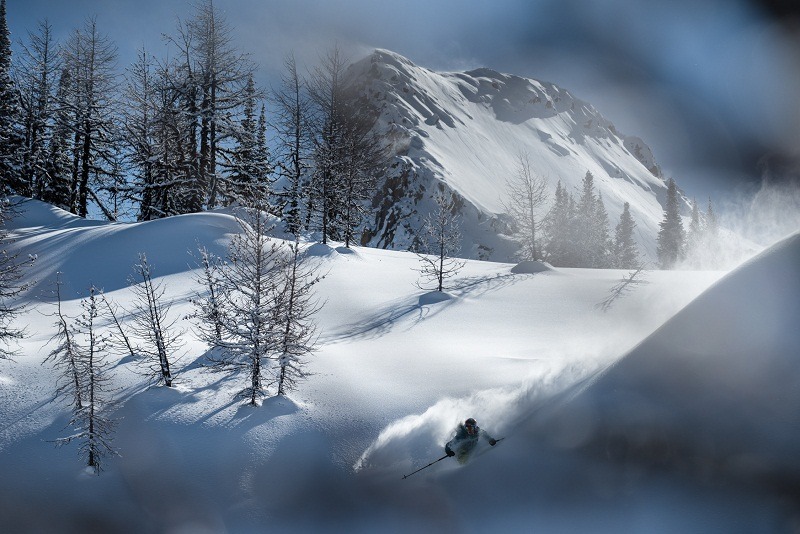
“I’ve skied in big mountains my entire life, but I definitely felt like, ‘Whoa, this is Jumbo terrain.’” – Leah Evans. Photo: Garrett Grove
It’s hard to avoid a discussion of risk when we talk about backcountry skiing. What is your relationship to risk and how do you manage that reality?
Jasmin: There’s a saying, “You live and die by your habits.” The days I log in backcountry terrain every winter is well over 100, so I always try to be vigilant with my assessments and to err on the side of caution—hopefully not so I’m robbing myself of experience, but regrouping all the time. You have to make tons of small adjustments that hopefully keep the numbers game from catching up to you. It’s almost hard for me to get into Leah’s head and emulate an athlete like her, who skis with such confidence, because my brain is so in the habit of assessing, where I think, “That looks fun, but what if it goes wrong?” I’m always asking, “What if?” So to push myself physically to ski the way I know I can, I need the right balance of confidence and caution.
Leah: I’ve always wanted to push myself, see how fast I can go, what I can jump. That always worked for me. But I got in an avalanche recently and it rattled me. Now there’s a voice in my head that never existed before. Now I think, I love all these people (my family, friends, community), and all these people love me. For me not to respect their love for me isn’t an option. I want to be here for a long time, so I’m going to have to re-evaluate the equation that had been working for me.
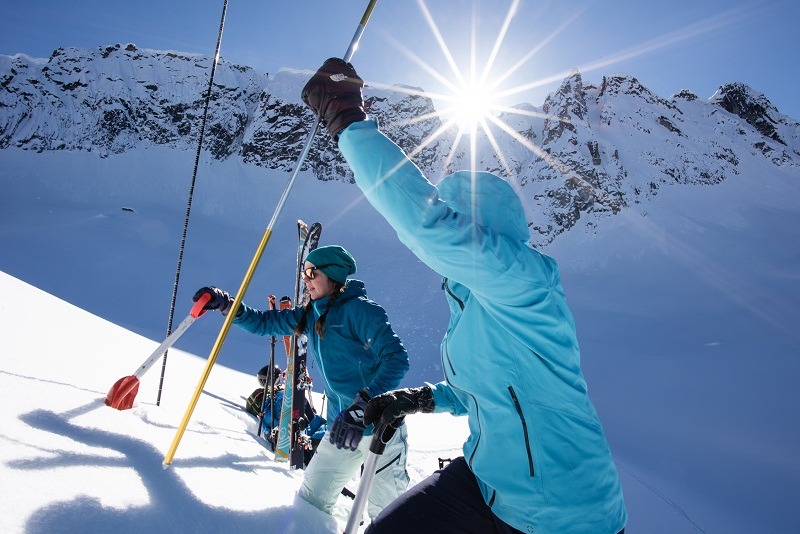
“My brain is so in the habit of assessing. I’m always asking, ‘What if?’” – Jasmin Caton. Photo: Garrett Grove
Your work takes you both to some incredible places, but what makes a place home?
Jasmin: Community. The people I work with. My husband. My dog. If I was there by myself, a place wouldn’t be my place. The landscape might allow for all sorts of adventures, but community is what makes it home. Squamish (where I work as a rock climbing guide in the summers) is my place, and so is Valhalla.
Leah: Revelstoke is definitely home. It’s this little pocket where I’m normalized, where all aspects of my life are accepted.
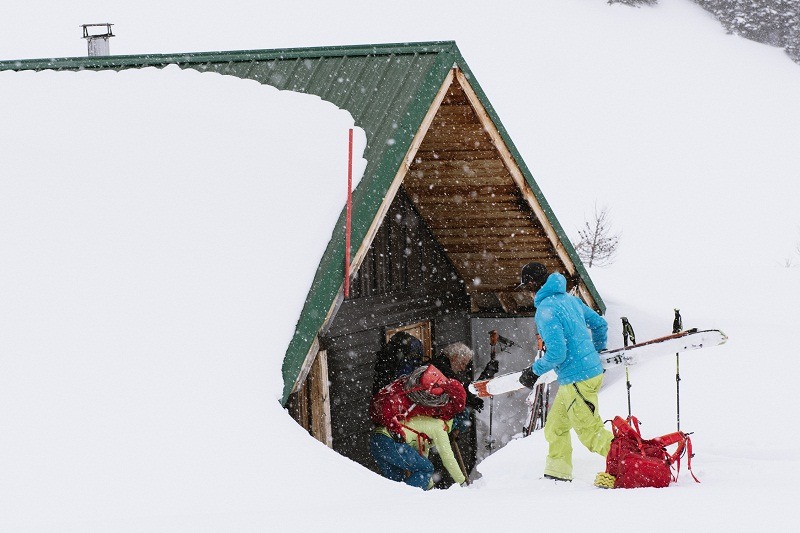 John Bergenske, Jasmin Caton and Leah Evans get settled in the Jumbo Hut. British Columbia, Canada. Photo: Garrett Grove
John Bergenske, Jasmin Caton and Leah Evans get settled in the Jumbo Hut. British Columbia, Canada. Photo: Garrett Grove
Does the prospect of the Jumbo development throw a new light on your home and community?
Leah: It takes time to build a community—whether it’s my community in Revelstoke or my wider mountain community—to make connections, to learn how resources are being used. I think the prospect of Jumbo is a sad but galvanizing moment.
Jasmin: Having something to stand behind, beyond our personal adventures, has made for deeper conversations and connections. People’s passion for the issue, and how they dedicate their energy toward it, inspires me. It’s made me realize how much I respect people who care about and act on things beyond their personal pursuits.
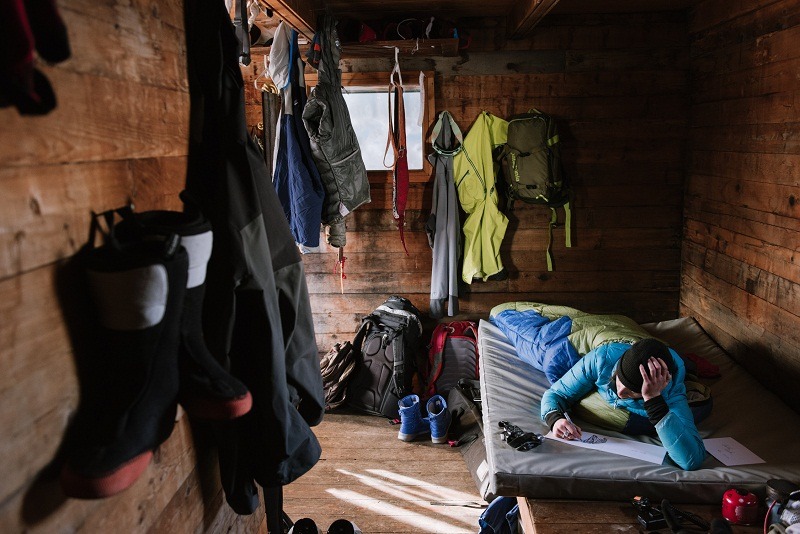
Sketchy conditions. Leah Evans in the Jumbo Hut. British Columbia, Canada. Photo: Garrett Grove
What actions would you be willing to take personally to oppose Jumbo?
Leah: Making people aware of the issue is one of the biggest things we can do to protest the build-out. I want to be on the educational side of things, presenting the issue to people, youth especially, and encouraging them to get outside in nature, to think about democracy and how it should work.
Jasmin: I’ve been involved in civil disobedience in the past, and I would certainly spend some time waving signs at a protest. But planning trips that raise awareness of the landscapes at stake and educating my clients would be a better use of my skills. But I’m staying in this fight. It’s shown me that it’s essential to my happiness to be involved in something bigger than just myself and my adventures.
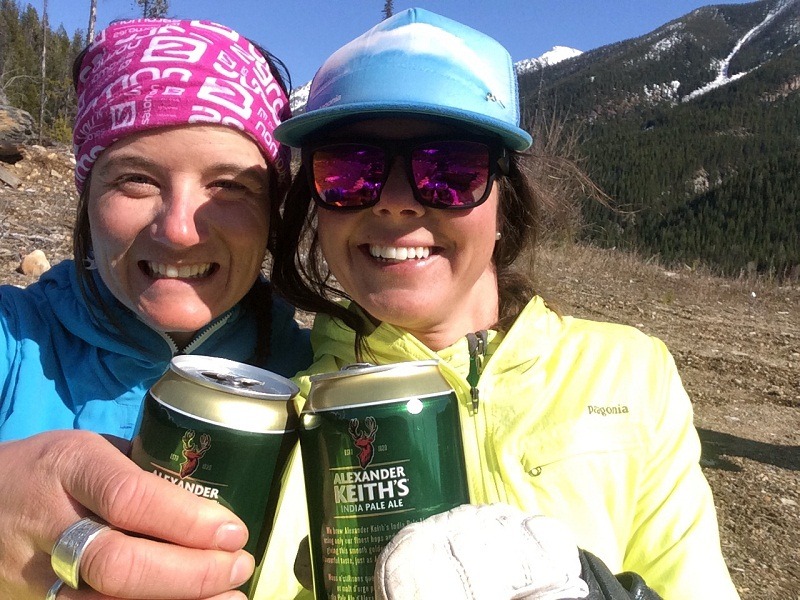
Evans and Caton raise a can to the trip. Photo: Garrett Grove
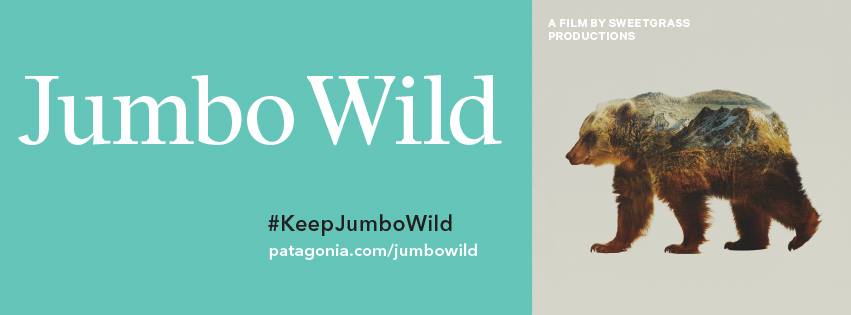
To learn more about the film Jumbo Wild, sign the petition, get tour dates and watch an extended trailer, visit Patagonia.com.
After a childhood of playing ukulele and attending Mathlete competitions, Jasmin Caton caught the climbing bug at age 19, packed her Chevy Corsica and moved to Squamish. Nowadays, when she’s not on a climbing trip she’s guiding rock on impeccable Squamish granite or guiding backcounry skiing in blower powder at Valhalla Mountain Touring along with husband Evan and powder hound Benny.
Leah Evans grew up on the slopes of Red Mountain Ski Resort surrounded by a supportive community and the beauty of Canadian mountains. As a professional skier, she helps women reach their full potential on skis through her Girls Do Ski camps. She currently resides in Revelstoke, British Columbia and uses her experience in the mountains to inspire others to expand their sense of what’s possible in their lives.
This interview first appeared in the Patagonia Snow 2015 catalog.
